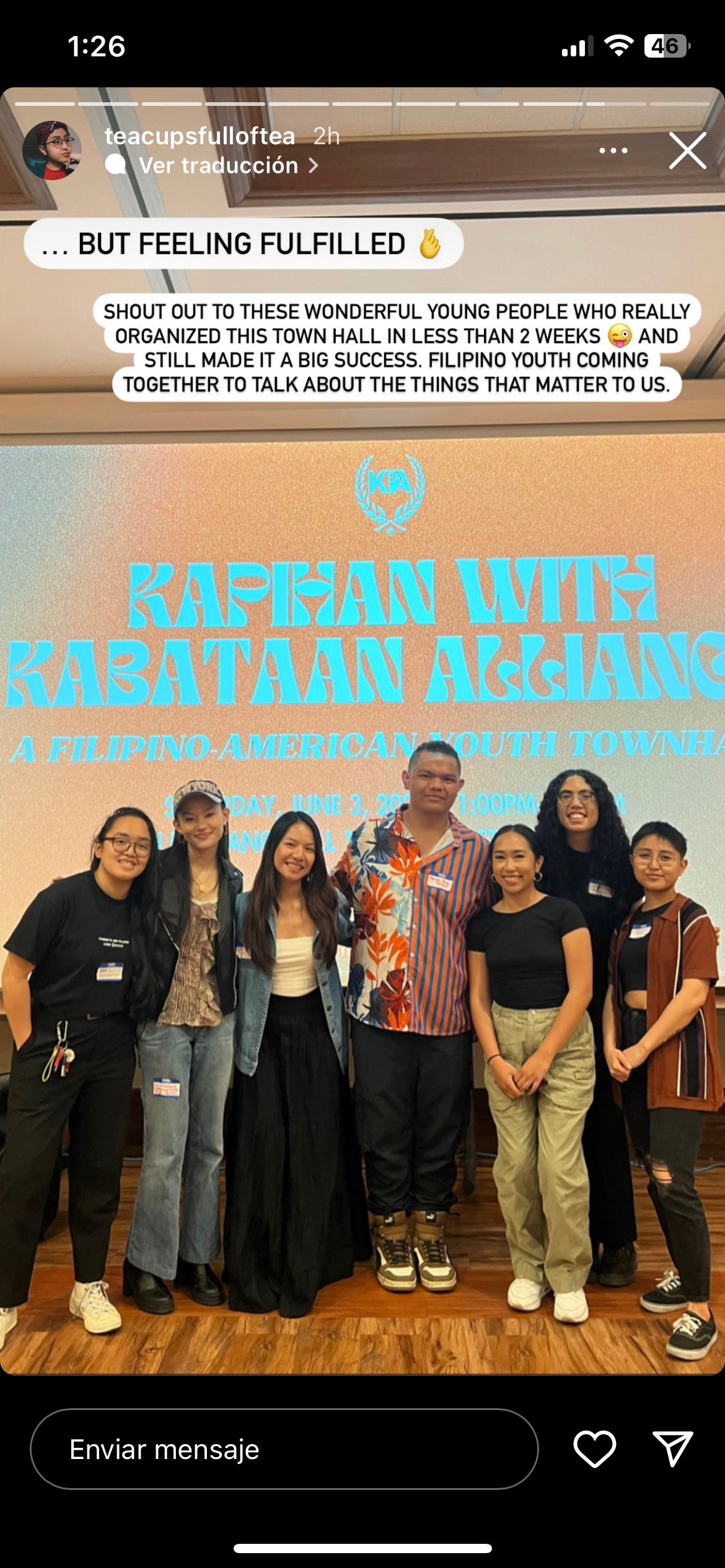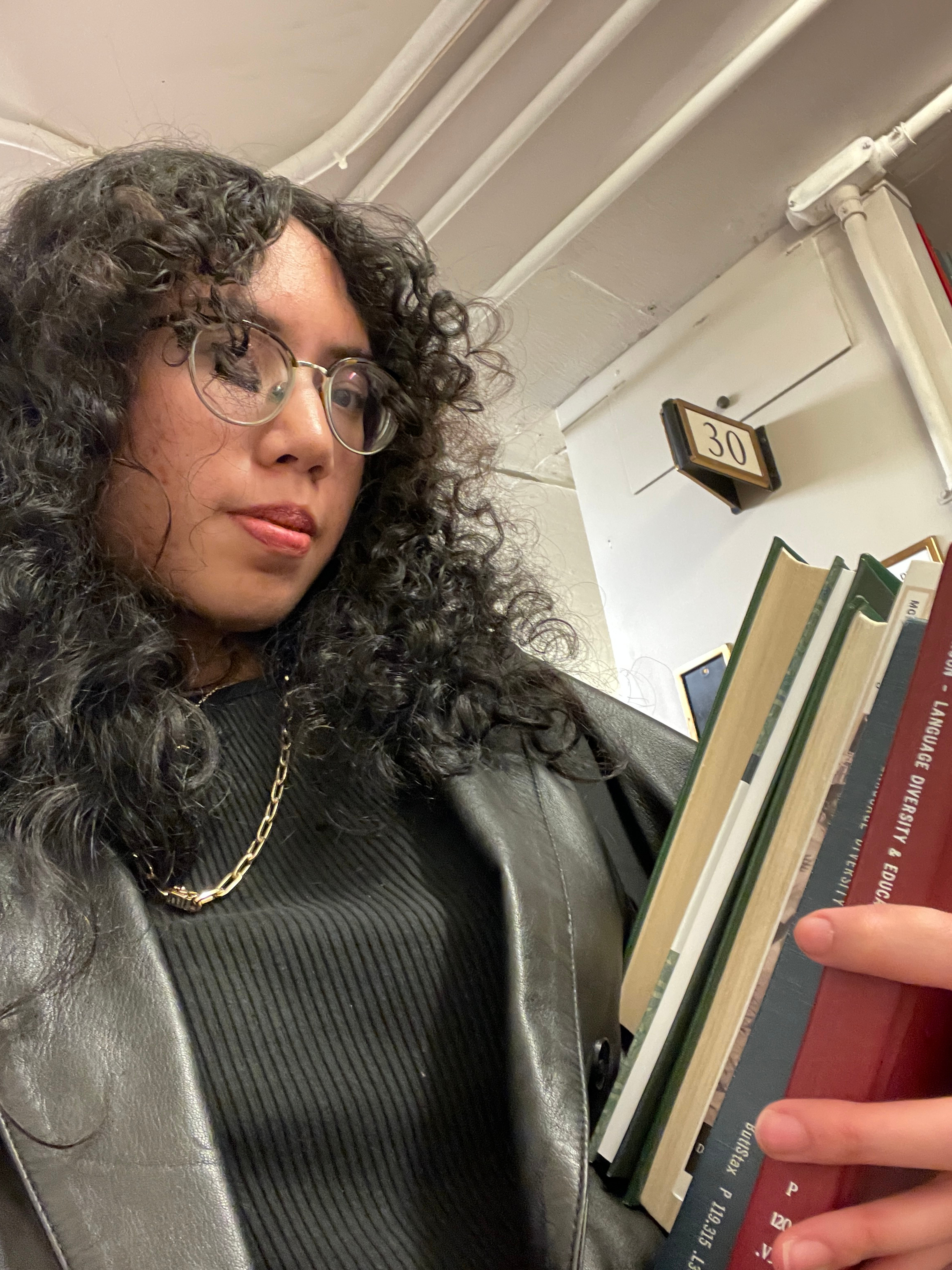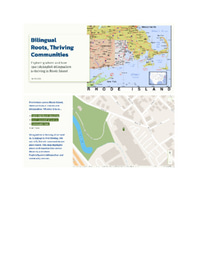Academic Activism and Unconventional Scholarship (Rediscovering What Research Means to Me)
As more people begin to witness the injustices of academia, conversations about activism are coming to the forefront. The fight for ethnic studies wages on as society calls for more representation in academic environments. It's no secret that academia was not made for marginalized populations, specifically people of color. As much as education can help, it can also harm. A popular phrase that comes to mind is “Knowledge is Power”, which is true, but at what cost?
Access to education has always been an issue. We can interpret this in a variety of ways: lack of representation both in materials and among student bodies and faculty, lack of accessible and usable resources, lack of opportunity to participate, and more. My LIA project seeks to address these matters through the creation of an open-access educational resource to fulfill the need for Filipino literature curricula in multilingual atmospheres (English, Spanish, Filipino, and other Philippine languages). I pondered the name of my project for a while, with the following goals at heart:
- To provide an open-access source to share and converse about Philippine literature and history with the objective of combatting censorship and historical revisionism.
- To support fellow Filipinos in their intellectual and creative pursuits. The perceived lack of Philippine literature is not reflected in a lack of authors but rather a lack of outlets to make their work known.
- To act as a collective where everyone and anyone has the opportunity to teach and learn through literature.
- To protect Filipino intellectual sovereignty.
- To encourage further investment in the digital humanities within the discipline of Philippine studies and bolster the Philippine studies network and curricula.

I finally settled on the name the Paglaban Pilipino Literature Project, or the “PPL/people” project. I wanted a name that properly reflected the project’s mission and that honored the unique, resistance-based heritage of the Philippines. The PPL Project assumes several different meanings, all of which center on uplifting the human spirit. In Tagalog, “paglaban” means resistance associated with defiance and unity. One of my wonderful colleagues and friends from the Kabataan Alliance always used the slang word “laban” in our group chats. Although it mostly carries the meaning of “let’s go” among Filipino youth, it carries the connotation of a fight taking place. It’s true. A fight is taking place. A fight against censorship, historical revisionism, educational disenfranchisement, and apathy.
I could’ve chosen another avenue to pursue these goals, but I chose literature. I sat in my NYU office one day, sad and confused. Article or no article? Website or no website? Above all, I wondered, am I doing this just for myself or am I doing this for everyone, including me? Since I was a child, I have loved literature. I especially loved stories with strong heroines. Here is where the lights came on for me: the Philippines has almost never been the hero in their own story. Why don’t I utilize this unfortunate reality as my guiding principle?
I embarked on the digital and unconventional scholarship journey. (Mind you, I am not the most technologically savvy person, but there is a first time for everything.) It was a rocky road in the beginning. All my life, I was taught that only journal articles are deemed trustworthy sources. I believed it until this summer when I realized that the out of touch authors make these sources perhaps the least trustworthy of all. I am now more careful of who I cite, ensuring that the articles truly have ideals of activism in mind. I disregarded “the classics” (which I think is an elitist term, anyway), and went on the hunt for poems and short stories written by a wider demographic of authors. I decided to write two courses, one about womxn’s literature and the other about the political implications of hispano filipino literature.

I found amazing treasures in the most unlikely of places. Through digging through the library systems, the Internet, and the archives, I began to reformulate my ideas of people-centric scholarship. This research practice changed me at a moment when I thought that academia had ruined me. Through this process (which is only the beginning!), I better understand myself and my community: one must be an activist in academia.





Please sign in
If you are a registered user on Laidlaw Scholars Network, please sign in